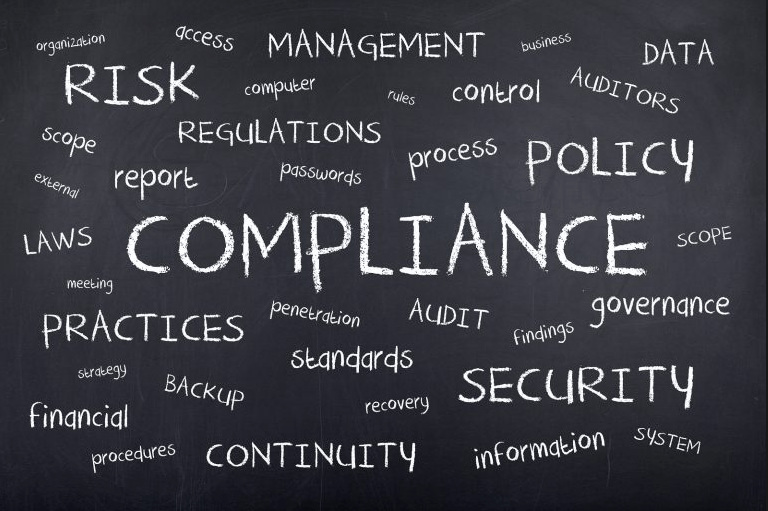In today’s digital age, businesses must comply with Know Your Customer (KYC) regulations. If you’re unfamiliar with the term, KYC is a process of verifying the identity of customers. It helps companies identify and prevent fraud and money laundering, ensuring that customers are who they say they are. Let’s explore what this means for businesses in greater detail.
What Does KYC Mean?
KYC stands for “Know Your Customer” and refers to the process of verifying a customer’s identity when they open an account or make a purchase from your business. It involves collecting information such as name, date of birth, address, contact information, and more. This can be done through manual processes or automated systems that scan documents like passports or driver’s licenses for verification.
What are KYC Regulations?
KYC regulations are laws that require businesses to verify the identity of their customers before entering into an agreement with them. This helps prevent fraud, money laundering, identity theft, and other criminal activities. By having this information on hand, businesses can quickly detect suspicious activity or questionable transactions. It also helps companies comply with anti-money laundering (AML) laws by ensuring they have the necessary documentation from their customers.
Who Needs KYC Regulations?
It is important to note that not all businesses need to comply with KYC regulations. In general, all companies providing financial services must comply with KYC regulations regardless of size or location. This includes banks, credit unions, money service businesses (MSBs), investment firms, payment processors, insurance companies, securities brokers/dealers, and more.
However, there are some exceptions for certain types of transactions such as those involving low-risk clients or transactions below certain thresholds. So if your business falls into one of these categories, then you should consider implementing a KYC system as soon as possible.
How Does KYC Work?
Once you have identified which customers need to be verified through KYC procedures, the next step is to collect their personal information and documents such as passport scans or driver’s license copies for analysis.
Automated systems can make this process much easier by scanning these documents in seconds and providing instant feedback on whether they are valid or not—saving time and effort on manual checks. Once all documents have been verified successfully, the customer can complete their transaction without any issues.
Advantages of KYC Regulations
KYC regulations provide numerous benefits for businesses. One advantage is that it helps companies identify potential customers who may be involved in money laundering or other criminal activity. By knowing who their customers are, businesses can avoid any legal troubles that could arise from unknowingly engaging in illegal activities.
Additionally, these regulations also help businesses comply with Anti-Money Laundering (AML) rules which are designed to prevent money laundering and other financial crimes. Finally, having KYC protocols in place demonstrates to regulators and customers that your business takes its responsibilities seriously and is committed to protecting its interests as well as those of its customers.
Why Does KYC Matter?
KYC matters because it helps ensure that businesses are not engaging in any illegal activities or transactions with unknown individuals or entities. It also helps protect your business from potential legal liability while demonstrating a commitment to regulatory compliance which can help you build trust with both regulators and customers alike.
Additionally, having a proper KYC process in place will help you identify potential fraudsters before they have a chance to do damage to your business’s reputation or bottom line.
Why Do Companies Need to Comply With KYC Regulations?
Companies need to comply with KYC regulations because it is both a legal requirement and a risk management strategy. It is important for companies to have accurate records of their customer’s personal information in order to protect themselves from potential legal issues, as well as fraudulent activities. Additionally, by having this information readily available, businesses can quickly identify suspicious activity or transactions that could potentially lead to serious financial losses if left unchecked.
Conclusion:
KYC regulations are essential for any business that deals with customer data. Not only do they help protect against potential legal issues and fraudulent activities, but they also help ensure compliance with anti-money laundering (AML) laws by providing accurate records of customers’ personal information.
For these reasons, it is important for all companies to understand how these regulations work and implement proper procedures for compliance in order to keep their organization safe from potential risks associated with noncompliance.





